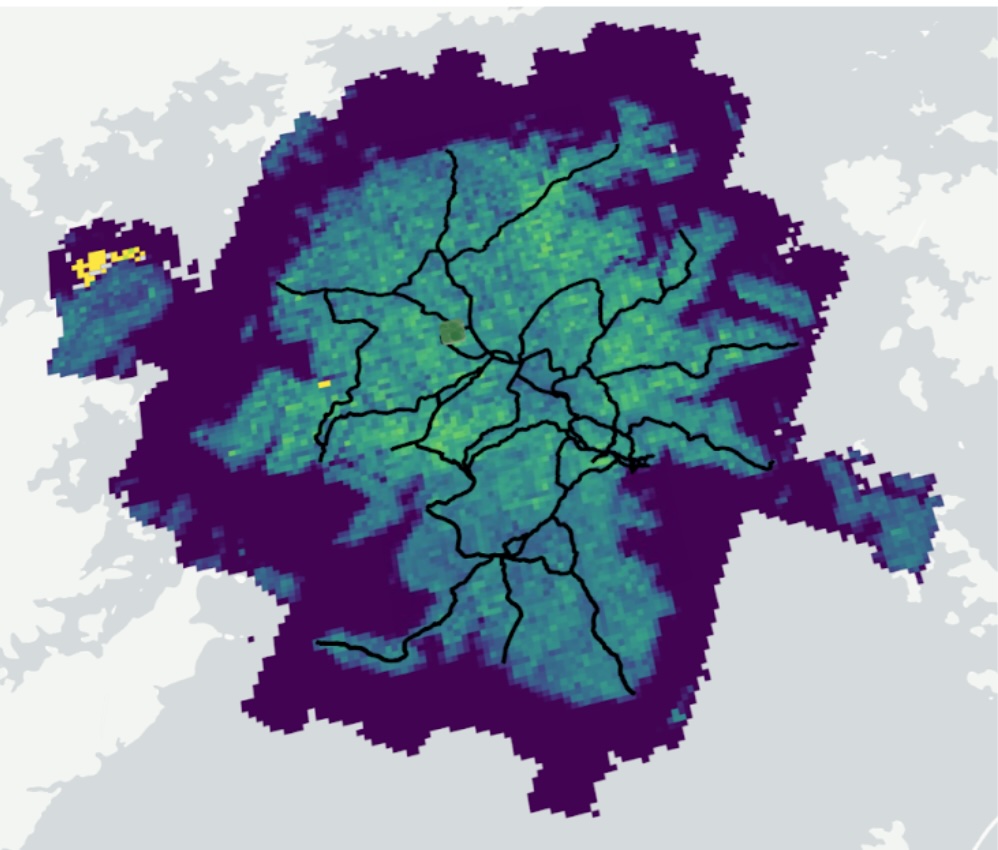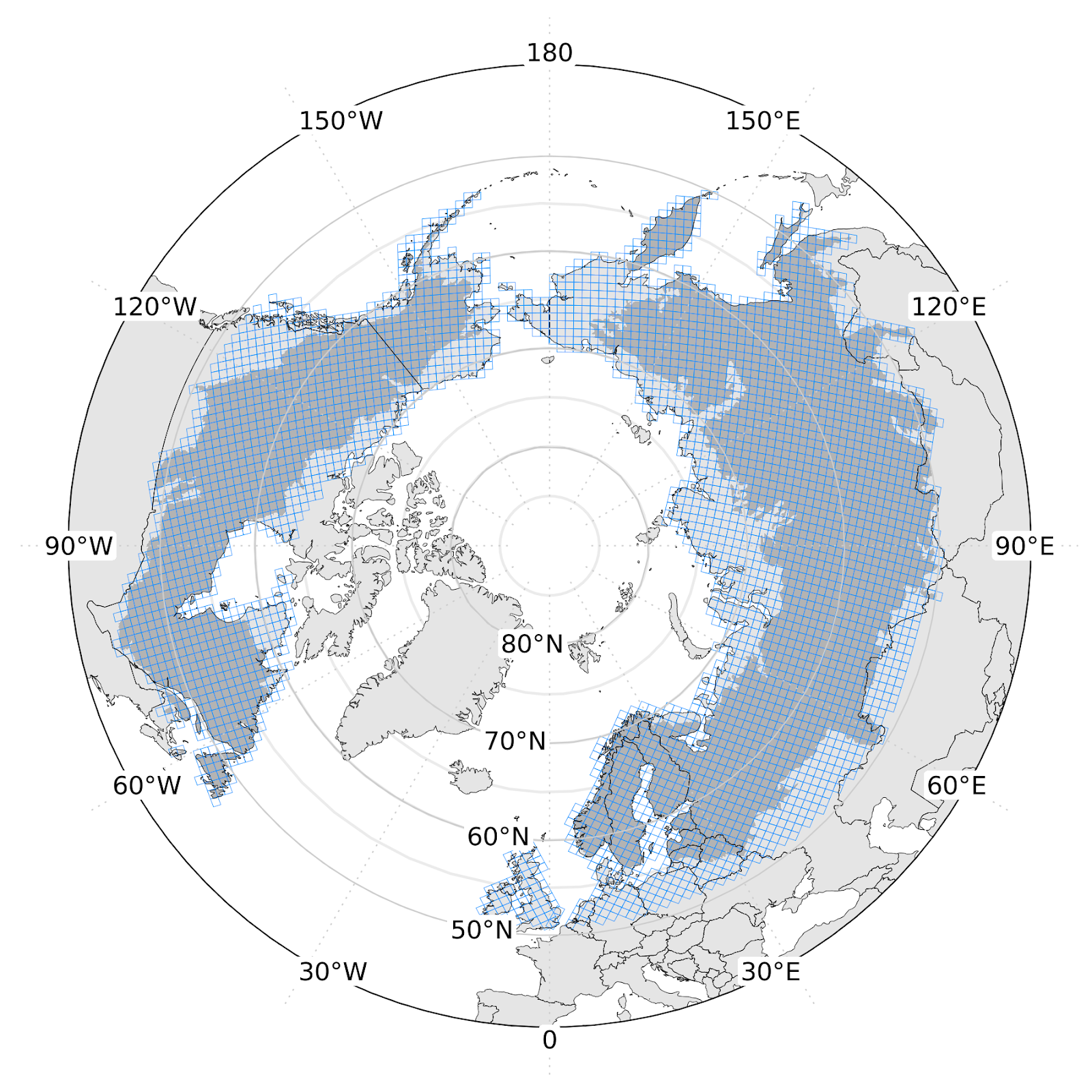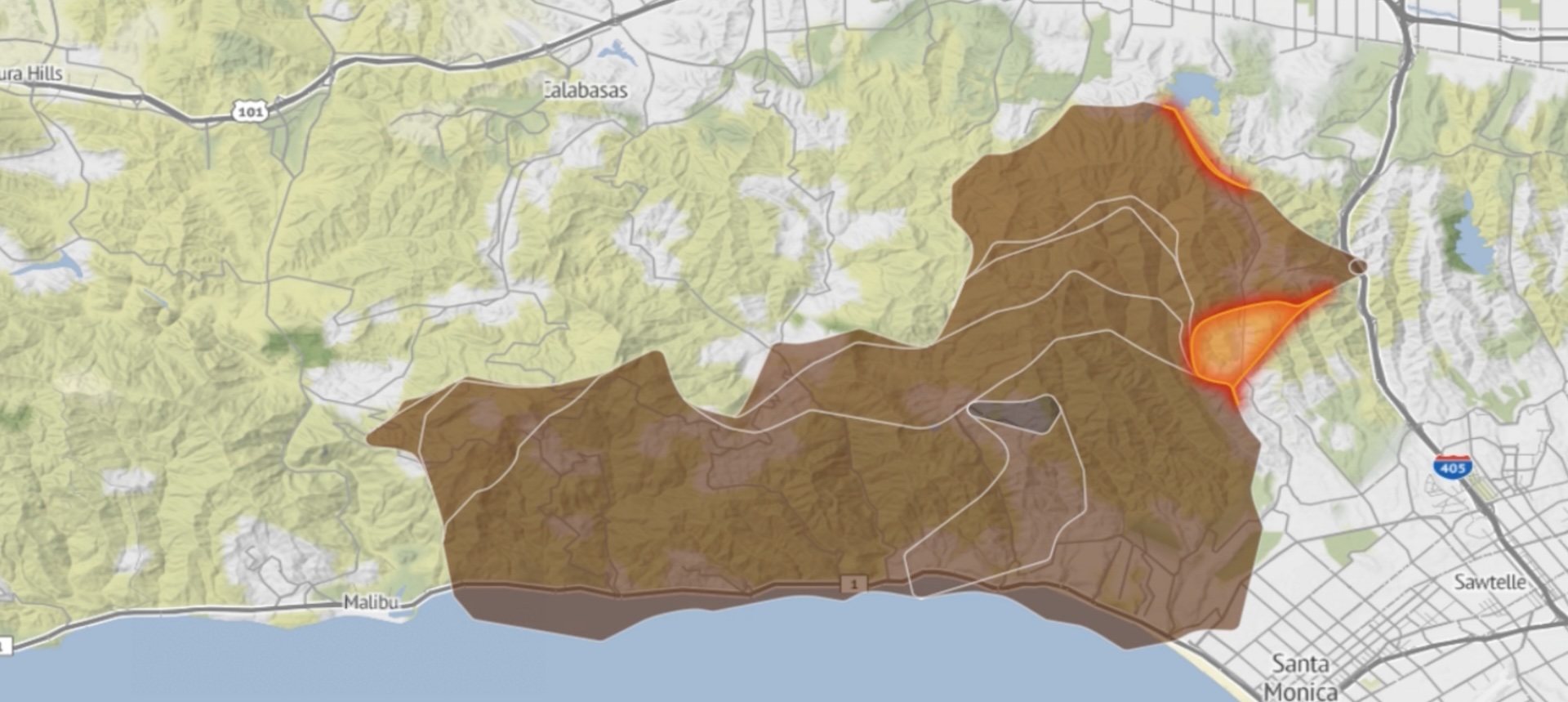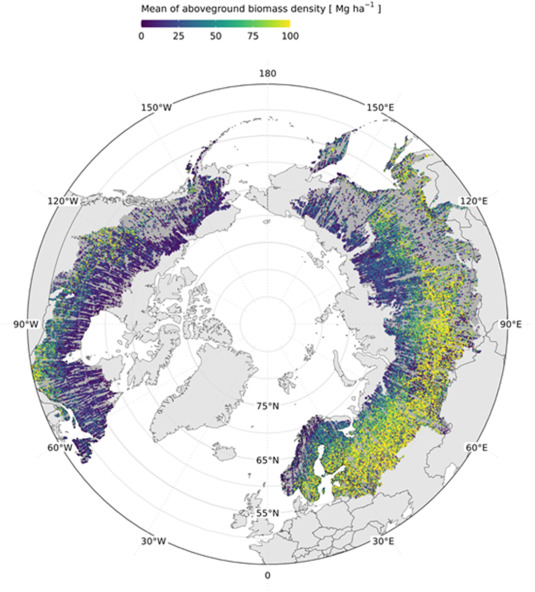The MAAP platform is engineered to combine data, algorithms, and computational abilities to process and share Earth Science data at-scale in the cloud. It is employed by science teams using data from NASA’s GEDI (Global Ecosystem Dynamics Investigation), NASA’s ICESat-2, ESA’s BIOMASS, NASA/ISRO’s NISAR mission, and more.
Latest News
MAAP Team to Present at ESIP July 2025 Meeting
The MAAP team will present an invited talk at the ESIP July 2025 meeting titled “Cloud-Optimized LiDAR,” in the session on “Earth Data Connections: Interoperable Geospatial Tools and New Technologies with a Community-Driven Approach.” Dr.…
Circumpolar boreal biomass-density and vegetation-height is being transferred to the ORNL DAAC
Circumpolar boreal aboveground biomass density (AGBD) and vegetation height (v2) is being transferred to the Oak Ridge National Laboratory DAAC. The map is built on MAAP with machine-learning models combining the 2020 archive of ICESat-2…
Fire Events Data Suite (FEDS) Uses MAAP to Deploy Fire-Tracking Capabilities
The Fire Events Data Suite (FEDS) uses remotely-sensed fire hotspots to generate near-real-time estimates of fire behavior. FEDS provides fire perimeters, estimates of the active fire line, and mean radiative power for the fire. FEDS…
Read More Fire Events Data Suite (FEDS) Uses MAAP to Deploy Fire-Tracking Capabilities
AGU 2024
The MAAP team will be at the annual AGU meeting in December 2024. Find all related talks using the AGU search tool, or see the highlights below. MAAP-Focused Talks/Posters Monday, 9 December 8:50am – 9:00amHighlights…
ESIP 2024
We will be at ESIP in July 2024! Come say hi. The MAAP Team has organized a session on Cross-Platform Interoperability for Scalable Computing in Open Science Analysis and Algorithm Development. Thursday July 25, 2024…
Towards global spaceborne lidar biomass: Developing and applying boreal forest biomass models for ICESat-2 laser altimetry data
Space-based laser altimetry has revolutionized our capacity to characterize terrestrial ecosystems through the direct observation of vegetation structure and the terrain beneath it. Data from NASA’s ICESat-2 mission provide the first comprehensive look at canopy…







